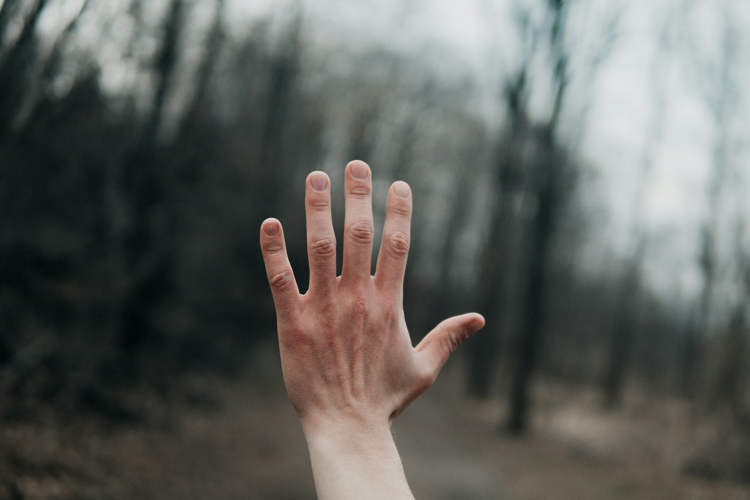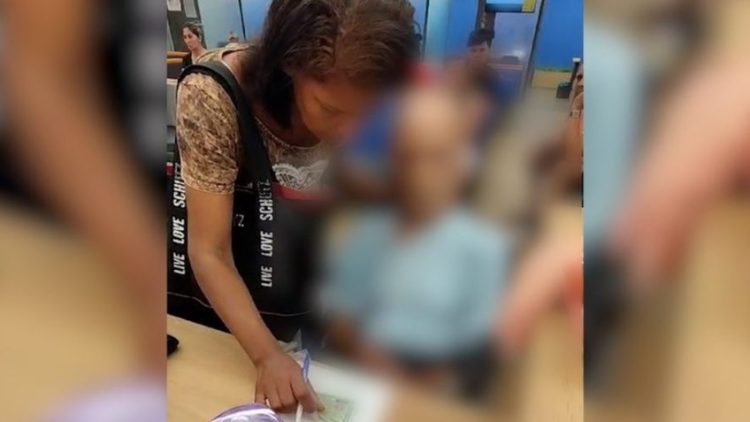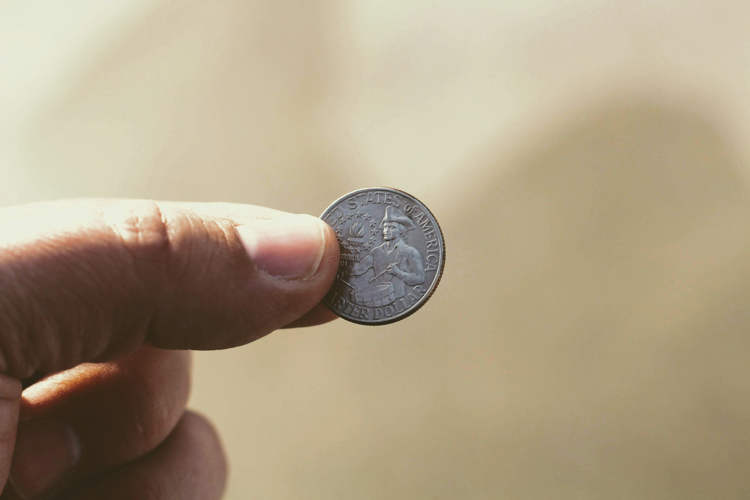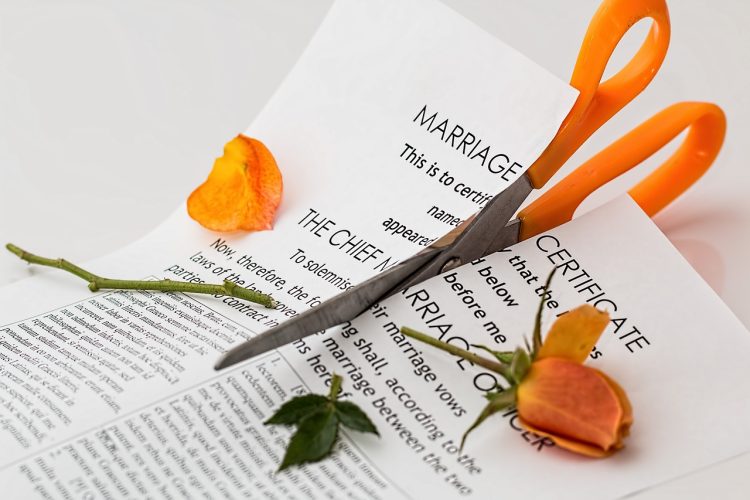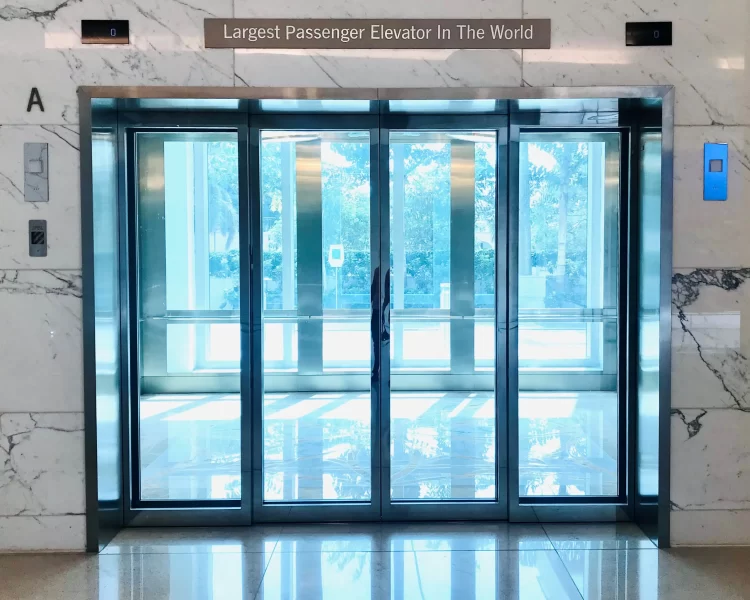Scientists and doctors have made a huge leap in cryonics – the effort to save lives through sub-zero temperatures – by freezing the body of a two-year-old child. Matheryn Naovaratpong is now the youngest person in the world to be cryogenically preserved.
Fondly known to her family as ‘Einz’, the little girl was diagnosed with a rare form of brain cancer shortly after her third birthday. She died in January this year, just before she turned three. But her parents – both medical engineers – have decided to give her another chance at life using cryonics.
Through cryonics, it is possible to preserve the bodies of humans and animals who cannot be cured through contemporary medicine, with the hope that they may be healed and resuscitated if extraordinary medical advances take place in the future. “As scientists, we are 100% confident this will happen one day – we just don’t know when,” Einz’s father Sahatorn said.
Photo: BBC
“In the past, we might have thought it would take 400 to 500 years, but right now we can imagine that it might be possible in just 30 years.”
“The first day Einz was sick, this idea came to my mind right away that we should do something scientifically for her, as much as is humanly possible at present,” he added. “I felt a real conflict in my heart about this idea, but I also needed to hold onto it. So I explained my idea to my family.”
Photo: Family photo
His family found it difficult to accept the idea at first, but as her condition worsened, they all agreed to give their consent. “Matheryn had something special about her since the day she was born,” he said. “She communicated her love more than the other children, always wanting to be part of our activities.”
The preservation of Einz’s brain was done moments after her death by ‘Alcor’, an Arizona-based non-profit organisation that offers ‘life extension’ services. A standby team from Alcor flew to Thailand to supervise the initial cooling of the body immediately after death. The moment she was pronounced dead, the team began the ‘cryoprotection’ process. They removed her bodily fluids and replaced them with a type of antifreeze that allows the body to be in a deep frozen state without suffering tissue damage. She was then placed in a specially designed coffin and transported to the United States, where doctors extracted her brain and preserved it at -196˚C. Einz became Alcor’s 134th patient, and also their youngest.
Photo: BBC
The procedure might sound brutally clinical, but Einz’s parents insist that they’ve tried to preserve her only out of love. “I tell you we still feel our love for her. Although we fought to be strong, when she had passed away, we were no different from other families; we cried every day. We still need time to heal,” Sahatorn said. “It was our love for her that pushed us towards this dream of science”
Alcor does not promise a second chance at life, but claims that cryonics is an ‘effort to save lives’. But Sahatorn believes that Einz’s thoughts and personality are preserved with her brain, which could be brought back to life and some point in the future. He and Nareerat also plan to have their bodies cryogenically preserved after death, so they will have the chance to meet Einz again in their new lives.
Incidentally, technology had played a huge role in Einz’s life, right from the moment she was conceived. Her mother Nareerat had to have her uterus removed after her first childbirth, so Einz was actually conceived through IVF. So her parents believe that someday, medical technology might just help restore her life. The couple will soon be visiting the Alcor facility in Arizona, to view the steel container in which Einz’s brain is being preserved.
Source: BBC




